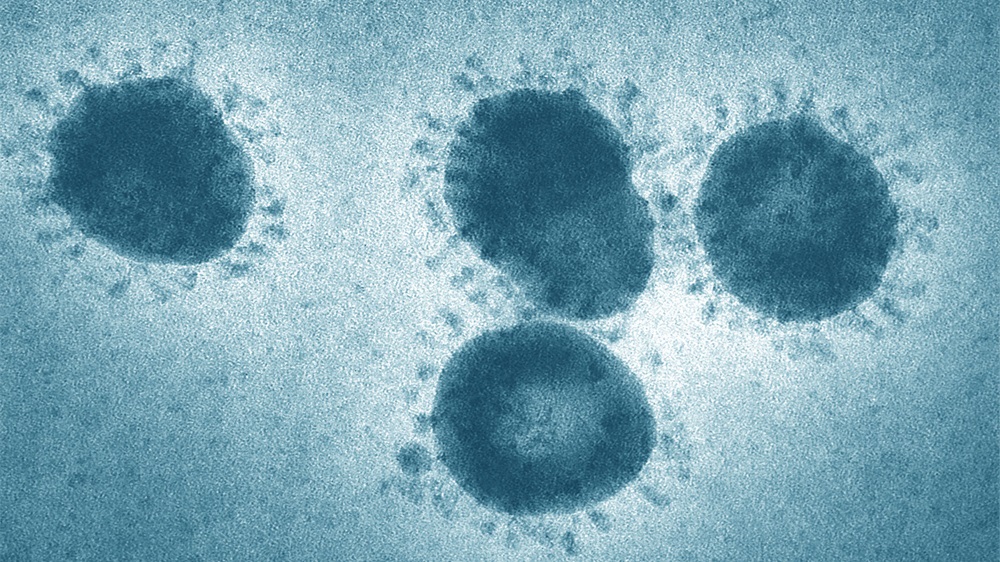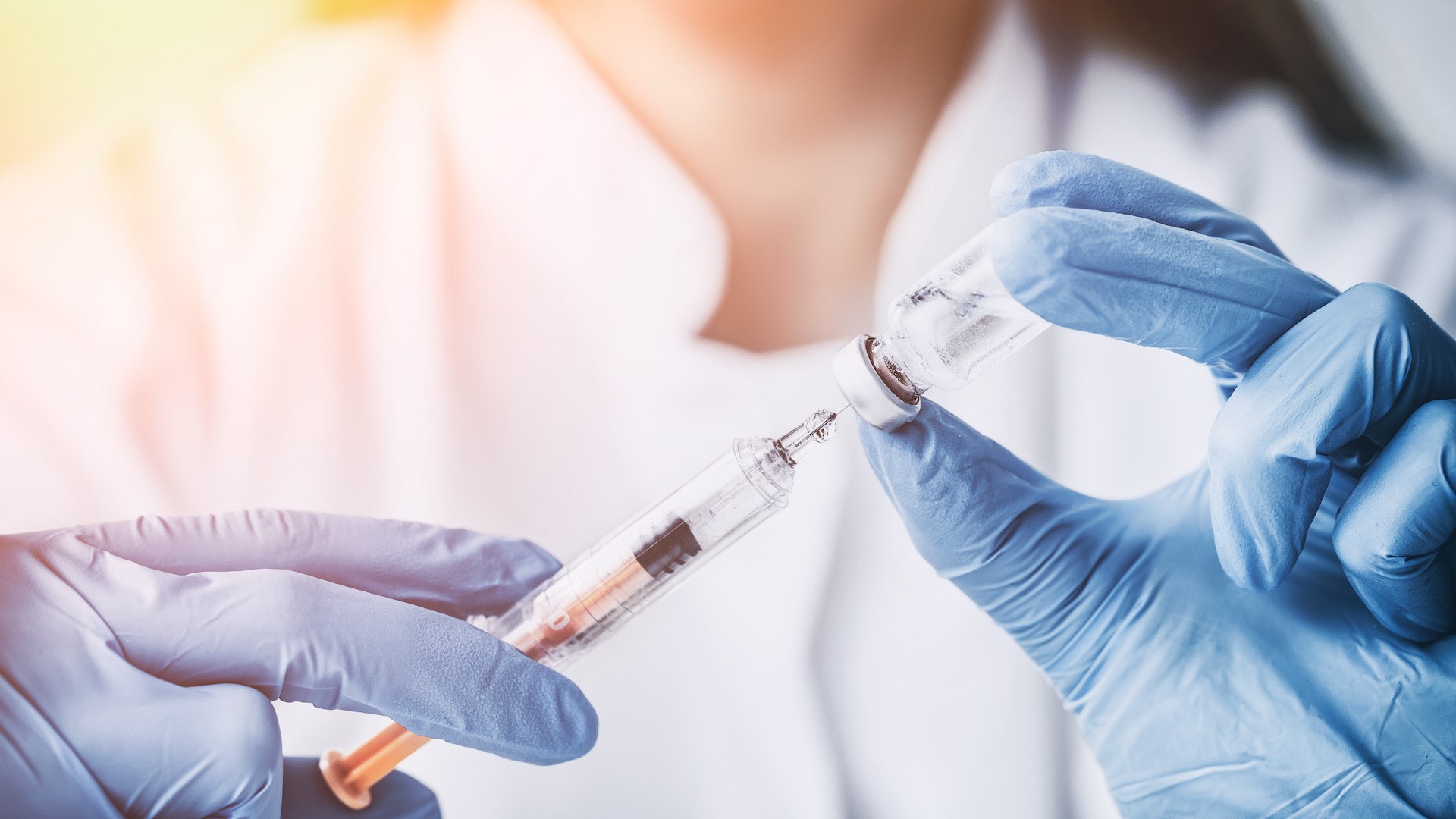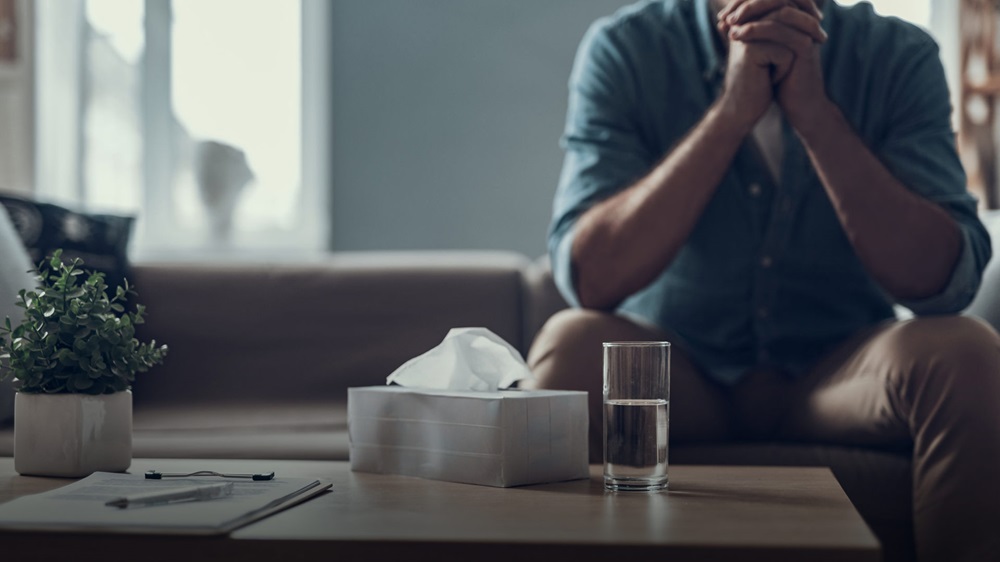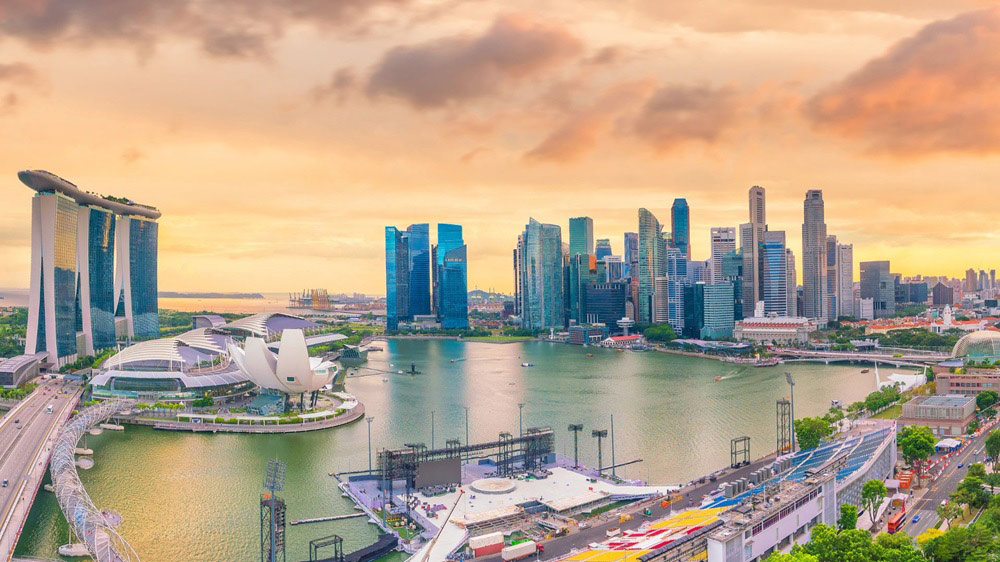
Coronaviruses are a large family of viruses that can cause illnesses ranging from the common cold to pneumonia.
This group of viruses usually infect only animals.
But scientists have identified seven types of coronaviruses that affect humans.
Of these seven, the more severe infections are:
- Severe acute respiratory syndrome (SARS) Singapore suffered 33 deaths due to Sars in 2003.
- Middle East respiratory syndrome (Mers-CoV) This was first reported in Saudi Arabia in 2012
- Coronavirus disease 2019 (COVID-19) The
first cases were reported in December 2019 in Wuhan, the capital city of China’s Hubei province.
On a Facebook post on 28 Jan, Prime Minister Lee Hsien Loong noted that “Experts think the Wuhan virus may be less lethal than SARS, but more infectious”.
The COVID-19 has been closely linked to the Huanan Seafood Market in Wuhan.
The market reportedly peddled live animals like snakes, deer and otters.
Prof Leo Yee Sin, Executive Director of the National Centre for Infectious Diseases, answers a few key questions about COVID-19.
How is it transmitted?
Routes of transmission have yet to be definitively determined, but human-to-human transmission is confirmed.
Singaporeans are advised to remain vigilant and observe good personal hygiene practices.
What are the symptoms of the 2019 novel coronavirus (2019-nCoV)?
Typical symptoms include:
- Fever
- Cough
- Shortness of breath
The situation is evolving and many characteristics of the virus and how it may affect people are still unclear.
However, preliminary information suggests that the nCoV has the potential to cause severe disease and death, especially among the elderly and those with underlying health problems or compromised immune systems.
How long is the incubation period?
Data suggests that the incubation period is up to 14 days.
Travellers to China are advised to monitor their health closely or at least 2 weeks upon return to Singapore.
Seek medical attention promptly if you feel unwell. Inform your doctor of your travel history.
What treatment options are there?
Supportive treatment is provided based on the patient’s clinical condition.
No specific treatment or anti-viral drug for the nCoV is currently available.
Watch Minister for Health Gan Kim Yong's speech in Parliament on 6 February 2020 on the epidemiology on the 2019-nCoV:
For more information on the nCoV, go to https://www.moh.gov.sg/2019-ncov-wuhan
We use cookies to tailor your browsing experience. By continuing to use Gov.sg, you accept our use of cookies. To decline cookies at any time, you may adjust your browser settings. Find out more about your cookie preferences here .

















